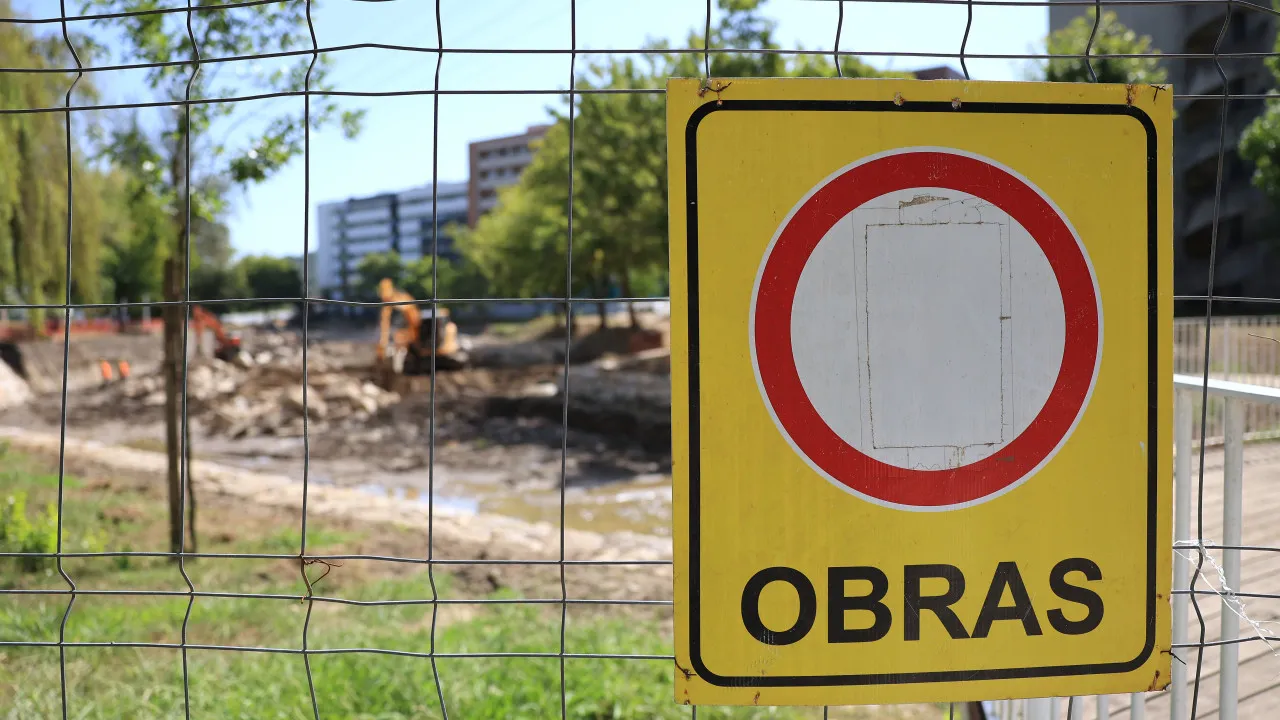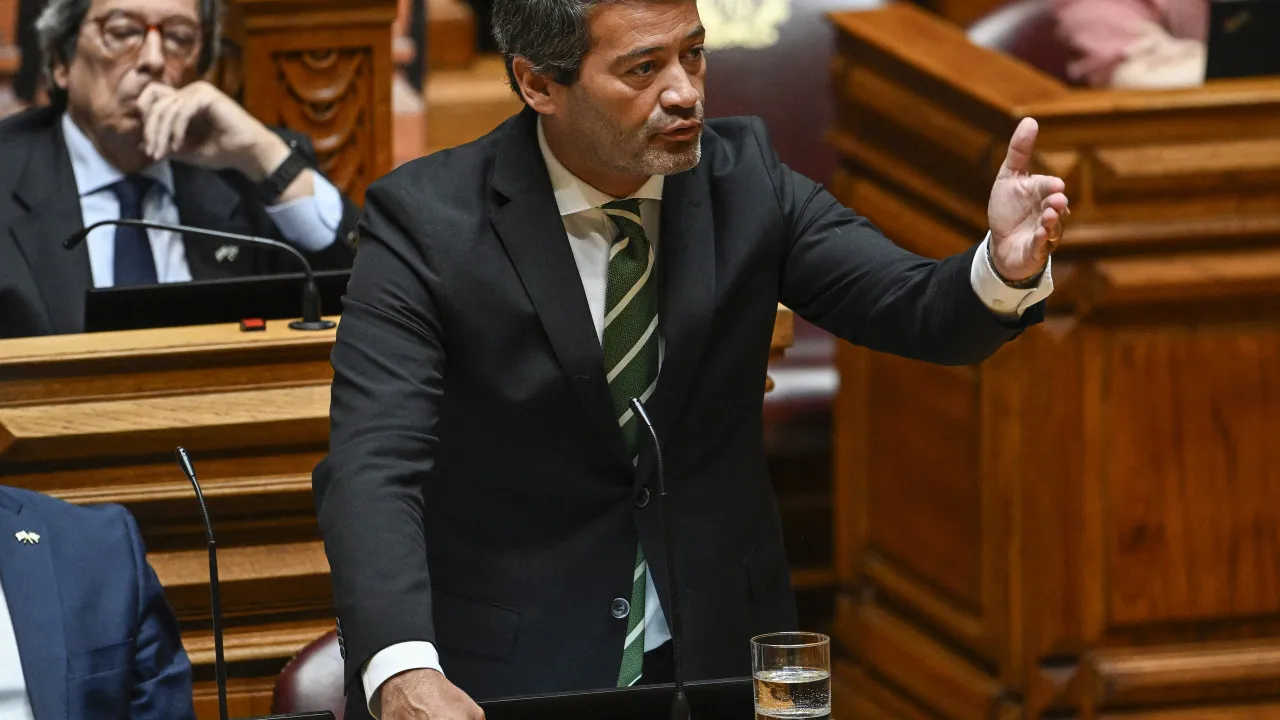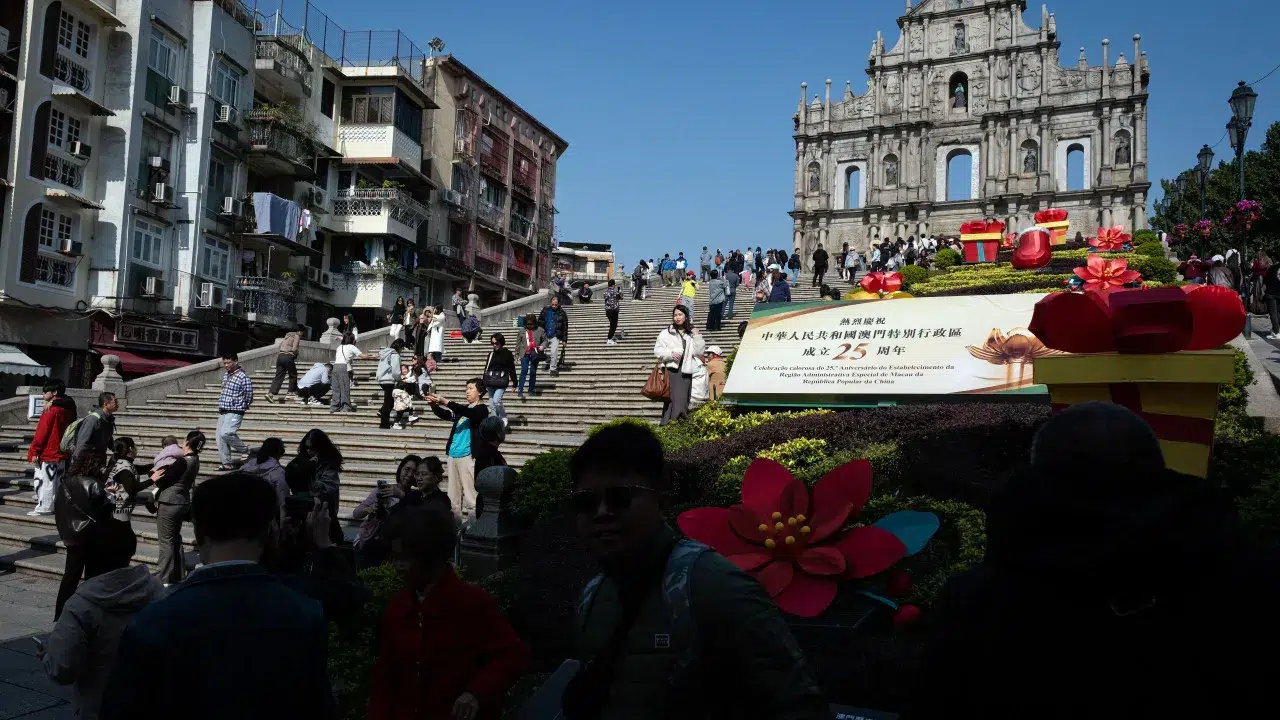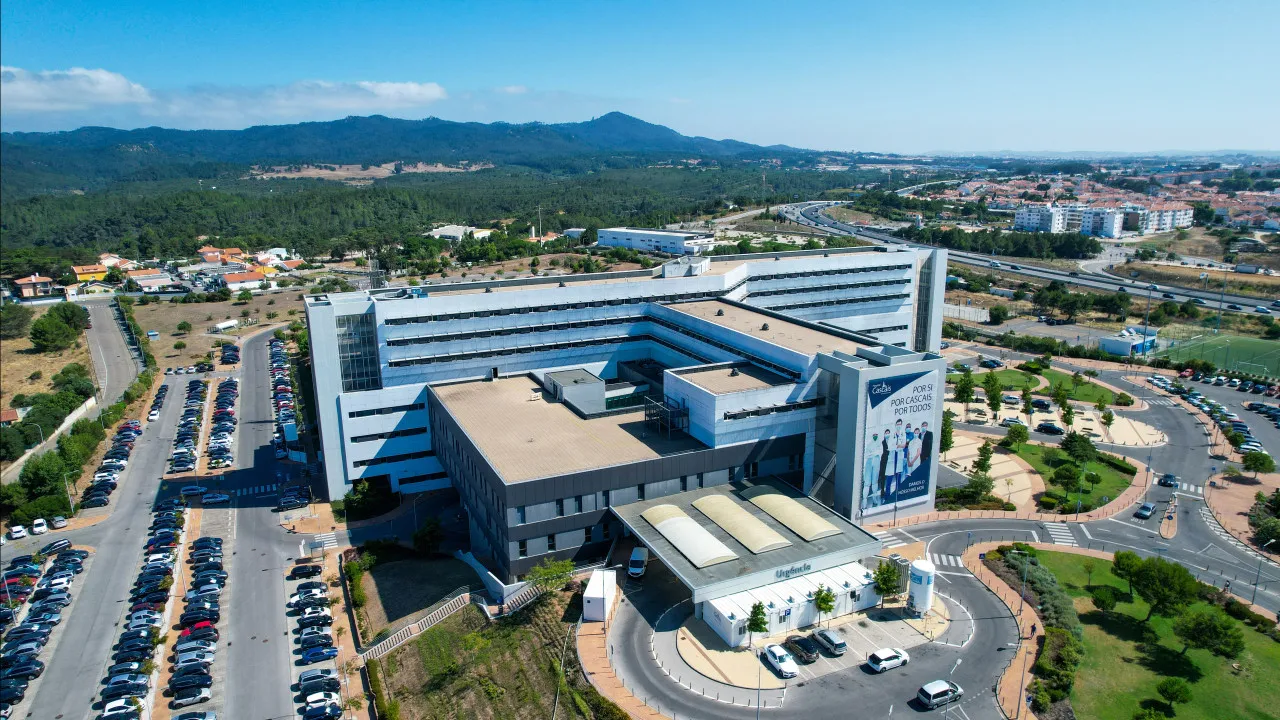
In 2024, the value of Portugal’s gold holdings surged by 8 billion euros, from the previous year’s figure of 23 billion euros, attributed solely to a significant appreciation throughout the year.
Seen as a safe-haven asset amid uncertainty, gold prices have reached historic peaks recently.
The Monetary Policy Implementation Report highlighted that gold significantly contributed to the Banco de Portugal’s balance sheet, increasing by 3% to 191 billion euros in 2024.
As of last year, the Banco de Portugal Board of Directors’ report indicated that the central bank held 382.7 tonnes of gold.
By the end of 2024, according to the World Gold Council, Portugal possessed the sixth-largest gold reserve in Western Europe, following Germany, Italy, France, Switzerland, and the Netherlands.
The gold reserves are securely stored in the Banco de Portugal’s high-security vault in Carregado, as well as in London.
Portugal’s gold reserves received considerable attention during the 2011 financial crisis, when they were viewed as an indirect guarantee for Portugal’s debt.
In 2024, Hélder Rosalino, then an administrator at the Banco de Portugal, commented in an interview with SIC, “During the 2011-2014 ‘troika’ program, international creditors had a very direct relationship with the Banco de Portugal, and naturally, what was shown to them regarding our gold reserves was important. It is not a direct guarantee, but it does provide international operators with confidence.”
The origin of Portugal’s gold was controversial 30 years ago, prompting an independent commission to determine that the Salazar dictatorship ignored the origins of gold purchased from Nazi Germany.
During World War II, Portugal received gold as payment for exports to Germany, primarily tungsten, which was vital to the German war effort.
In the late 1990s, as global debate unfolded concerning Nazi-looted assets, an official commission was established in April 1998, chaired by Mário Soares, to investigate the “gold transactions conducted between the Portuguese and German authorities from 1936 to 1945.”
According to a report available on the Ministry of Finance’s General Secretariat’s website, Portugal’s gold reserves increased from 65 tonnes in 1939 to 306 tonnes in 1945, swelling further to 320 tonnes if all state-held gold was included.
The report concluded that the gold was acquired as part of legitimate trade agreements [with Germany], recognized and accepted by the Allies. The main gold source, the Swiss National Bank, was deemed “unquestionable” at the time.
The report noted that allies were aware of gold shipments to Portugal during the war and did not object.
It also mentioned a 1950 agreement with the Tripartite Commission (representing countries with claims on looted gold) for the restitution of four symbolic tonnes, characterizing it as a “gesture of goodwill.”
The committee asserted that “known facts do not provide reasons to accuse the Portuguese government of willfully accepting Nazi-looted gold during World War II,” concluding that Portugal does not owe “any additional compensation.”
The report’s conclusions faced criticism from various historians and Holocaust scholars.
Portugal’s gold reserves peaked at 606.76 tonnes in 2002. Between 2002 and 2006, under the governorship of Vítor Constâncio, the country sold more than 200 tonnes of gold.




